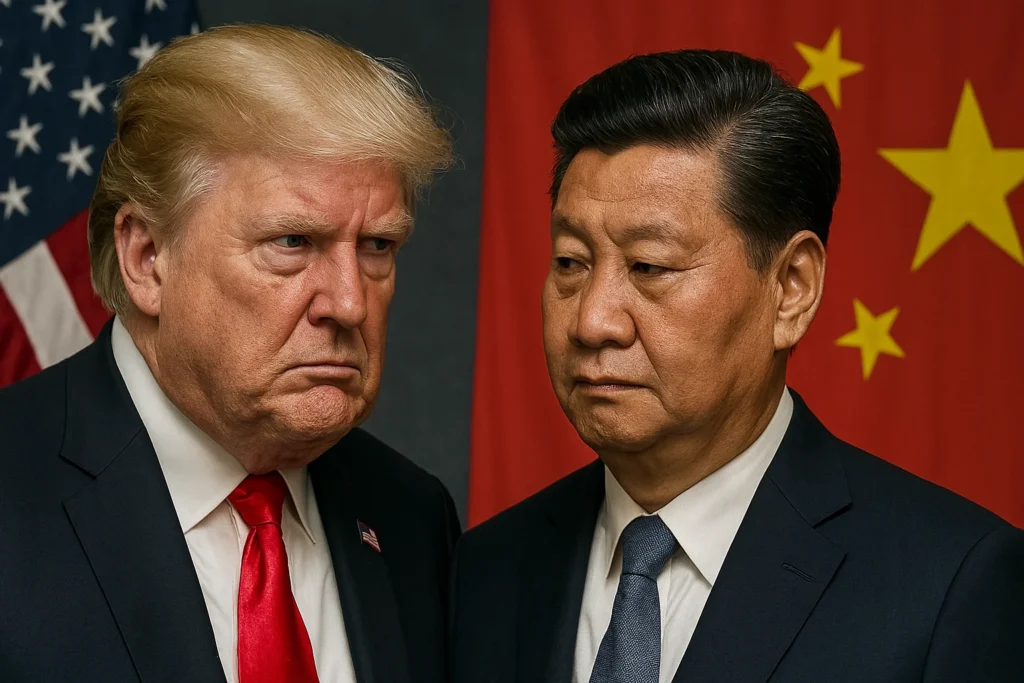In recent years, platforms such as Temu and Shein have flooded the global market with ultra-cheap products, promising style and variety at prices that seem too good to be true. Behind the polished apps and trendy marketing, however, lies a deeply problematic business model – one that exploits international shipping loopholes, avoids accountability, and poses a growing threat to local industries. As their influence expands, it is becoming increasingly urgent to ask who really pays the price for their rise.

Unfair competition cloaked in digital convenience
Temu and Shein thrive on their ability to deliver thousands of low-cost items directly to consumers, often at prices that no domestic business could match without incurring losses. While this may appear as innovation or efficiency, the truth is more complex. These companies are built on a foundation of artificially low costs, achieved not through superior productivity, but through systematic advantages that are denied to their Western counterparts. From minimal labor protections to negligible environmental regulation, their production ecosystems allow them to churn out fast fashion and consumer goods at breakneck speed – all without bearing the full costs of those operations.
China’s developing nation status distorts global trade
Despite being the world’s second-largest economy, China still benefits from preferential treatment in international trade due to its designation as a developing country. This status, defended by Chinese officials even as the country launches lunar missions and dominates manufacturing, allows Chinese businesses to access heavily subsidized international shipping rates. A product ordered on Temu can be shipped to the United States for less than it would cost a domestic seller to send the same item across state lines. This isn’t just a quirk of policy – it is a fundamental distortion of the playing field that places Western entrepreneurs at a severe disadvantage.
Devaluation of product quality and consumer trust
The appeal of these platforms is immediate – fast delivery, trendy styles, and prices that invite impulse purchases. But this short-term satisfaction often gives way to long-term disappointment. Product quality is notoriously inconsistent, sizing charts are vague or misleading, and customer service is minimal at best. These aren’t just growing pains – they are the result of a model that prioritizes scale over substance. Worse still, such experiences erode trust in online commerce more broadly, making it harder for reputable businesses to build loyal customer bases. The entire ecosystem suffers when bad actors set the standard.

A threat to sustainability and ethical commerce
Temu and Shein are not only reshaping consumer habits – they are also undermining years of progress toward more sustainable and ethical commerce. Their model thrives on overproduction, waste, and disposability. Items are manufactured in enormous volumes, often under questionable labor conditions, with the expectation that many will be worn once and discarded. This throwaway culture stands in direct opposition to the growing movement of consumers who seek accountability, transparency, and environmental stewardship from the brands they support. The success of these companies pushes the market in the opposite direction, normalizing excess and invisibility.
Time to reassess and respond
Western governments, regulators, and consumers must confront the uncomfortable reality that platforms like Temu and Shein are not simply competing more efficiently – they are benefiting from a global system that favors opacity over fairness. If we want to protect local innovation, maintain ethical standards, and ensure the survival of small and medium-sized businesses, changes are needed. That means reassessing trade privileges, enforcing stricter import standards, and encouraging consumers to question the real cost of fast fashion and bargain-priced gadgets. Supporting domestic businesses is not just a patriotic gesture – it is a necessary step toward a fairer, more balanced economy.
The time to act is now. If we continue to turn a blind eye to these practices, we risk waking up to a marketplace where price alone determines value, and where quality, ethics, and community are no longer part of the equation.
